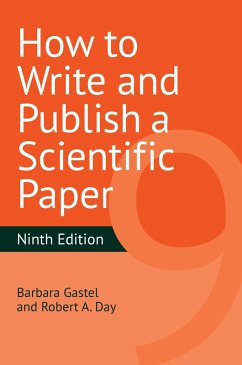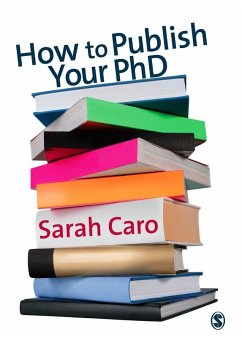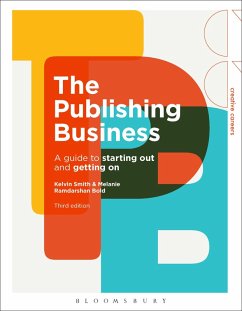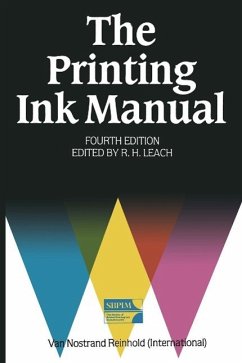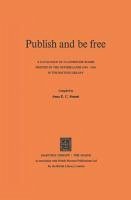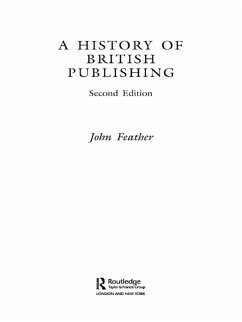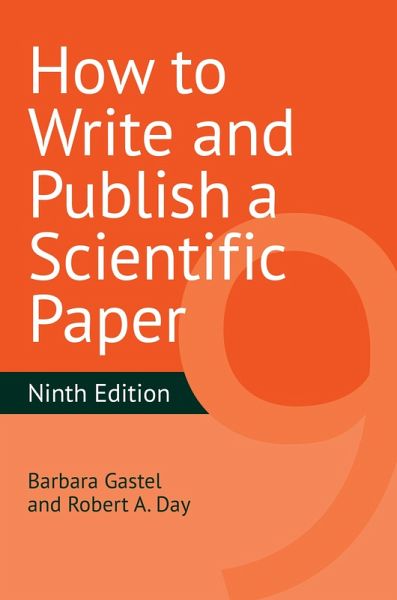
How to Write and Publish a Scientific Paper (eBook, PDF)

PAYBACK Punkte
14 °P sammeln!
Thoroughly updated throughout, this classic, practical text on how to write and publish a scientific paper takes its own advice to be "as clear and simple as possible.""The purpose of scientific writing," according to Barbara Gastel and Robert A. Day, "is to communicate new scientific findings. Science is simply too important to be communicated in anything other than words of certain meaning."This clear, beautifully written, and often funny text is a must-have for anyone who needs to communicate scientific information, whether they're writing for a professor, other scientists, or the general p...
Thoroughly updated throughout, this classic, practical text on how to write and publish a scientific paper takes its own advice to be "as clear and simple as possible."
"The purpose of scientific writing," according to Barbara Gastel and Robert A. Day, "is to communicate new scientific findings. Science is simply too important to be communicated in anything other than words of certain meaning."
This clear, beautifully written, and often funny text is a must-have for anyone who needs to communicate scientific information, whether they're writing for a professor, other scientists, or the general public. The thoughtfully revised 9th edition retains the most important material-including preparing text and graphics, publishing papers and other types of writing, and plenty of information on writing style-while adding up-to-date advice on copyright, presenting online, identifying authors, creating visual abstracts, and writing in English as a non-native language.
A set of valuable appendixes provide ready reference, including words and expressions to avoid, SI prefixes, a list of helpful websites, and a glossary. Students and working scientists will want to keep How to Write and Publish a Scientific Paper at their desks and refer to it at every stage of writing and publication.
"The purpose of scientific writing," according to Barbara Gastel and Robert A. Day, "is to communicate new scientific findings. Science is simply too important to be communicated in anything other than words of certain meaning."
This clear, beautifully written, and often funny text is a must-have for anyone who needs to communicate scientific information, whether they're writing for a professor, other scientists, or the general public. The thoughtfully revised 9th edition retains the most important material-including preparing text and graphics, publishing papers and other types of writing, and plenty of information on writing style-while adding up-to-date advice on copyright, presenting online, identifying authors, creating visual abstracts, and writing in English as a non-native language.
A set of valuable appendixes provide ready reference, including words and expressions to avoid, SI prefixes, a list of helpful websites, and a glossary. Students and working scientists will want to keep How to Write and Publish a Scientific Paper at their desks and refer to it at every stage of writing and publication.




